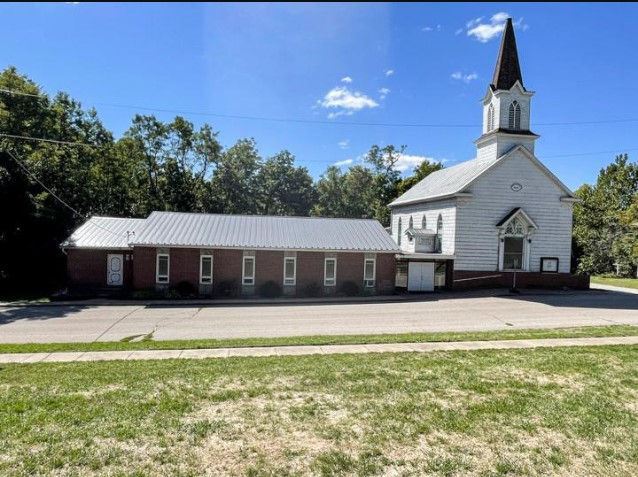Nauvoo House
- Rachel Clayton
- Oct 2, 2023
- 1 min read
Updated: Mar 23, 2024
On January 19, 1841, Joseph Smith received a revelation commanding the Saints to build the Nauvoo Temple and a hotel to be called “Nauvoo House,” where “the weary traveler may find health and safety while he shall contemplate the word of the Lord; and the cornerstone I have appointed for Zion.” On October 2, 1841 the cornerstone was laid, and within it were deposited many objects valuable to the Saints, including the original manuscript of the Book of Mormon.
Designed as a large “L,” each wing was 120 feet long by 40 feet wide (the Temple was 128 feet long by 88 feet wide). The walk-out basement was constructed of stone, and four floors of brick were to be above that, reaching 78 feet high on the south side.
When Joseph and Hyrum Smith were killed in June, 1844, only the stone basement was finished, and their bodies were interred there for a short time. When abandoned in 1846, the brick was up to the second story windows.
Lewis C. Bidamon (Emma Hale Smith’s second husband) knew of the revelation and its promise that Emma would have a hotel overlooking the Mississippi River, so in the late-1860s he resolved to build one as best he could. He tore down the wings and used the materials to finish a second floor of brick. Lewis and Emma opened the “Riverside Mansion” in 1871, and remained there the rest of their lives. The structure still stands at the foot of Main Street.


Comments